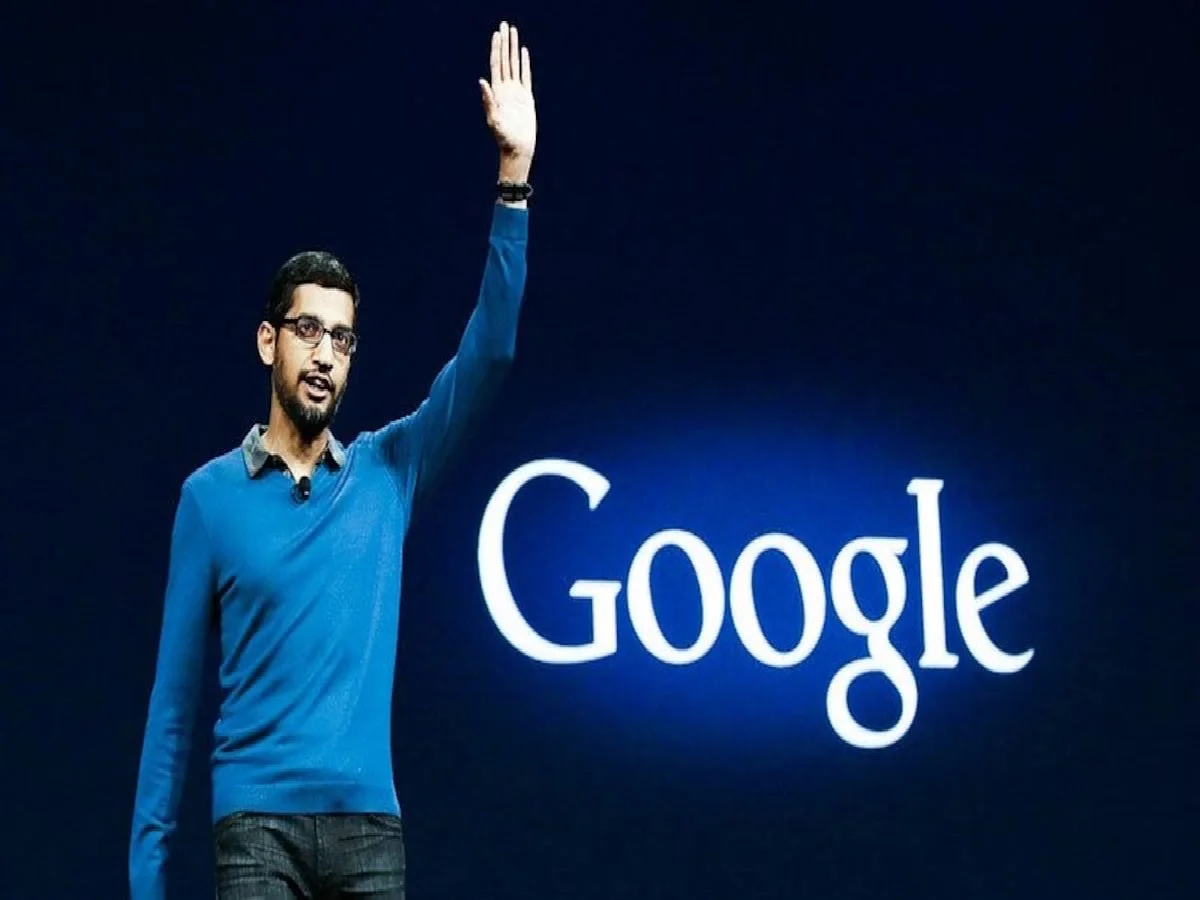A Bombay court handed down a contempt notice for Google CEO Sundar Pichai after YouTube failed to conform with a previous directive to remove an allegedly defamatory video about the NGO Dhyan Foundation and its founder, Yogi Ashwini.
On November 21, the Additional Chief Judicial Magistrate’s Court in Ballard Pier asked why contempt proceedings against Pichai should not be begun for YouTube’s failure to comply with its March 2023 mandate. Despite the court’s decision to remove the video, named “Pakhandi Baba ki Kartut,” it is still accessible outside of India. The complaint, filed by the Dhyan Foundation, has been set for a hearing on January 3, 2025.
The Dhyan Foundation, which focuses on animal welfare, claimed in its appeal that YouTube, which is owned by Google, had “intentionally and deliberately” neglected to remove the problematic video, which purportedly tarnished the NGO’s and its founder’s reputations.
Google’s utilized delay methods and demanded delays on flimsy grounds, even as hurt occurred to Dhyan Institute and Yogi Ashwini Ji’s flawless character and credibility,” the advocacy group said in its argument.
YouTube invoked immunity as a liaison under the Information Technology (IT) Act, stating that defamation did not fall under the Act’s Section 69-A, which provides for content banning. The platform stated that such issues should be handled in civil courts rather than criminal ones.
The court, however, rejected these arguments, claiming that the IT Act does not exclude criminal courts from intervening. “Followers of any organization in India are quite sensitive, especially when it comes to beliefs. As a result, if those movies are not banned, they may end up endangering public order and state security,” the court stated.
The magistrate further ruled that the video’s derogatory nature was undeniable, and its prolonged distribution could jeopardize public order. The court’s notice raises serious concerns about the responsibility of tech platforms and their executives in India to respond to court mandates. While Google’s legal team has argued against the breadth of criminal jurisdiction, the magistrate’s ruling emphasizes the necessity of safeguarding reputational rights in delicate instances.

